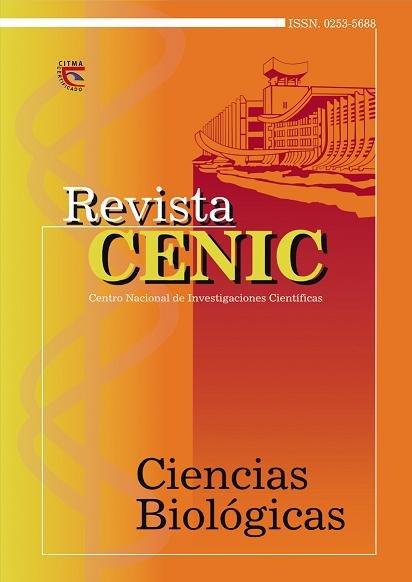Microbiología y biotecnología aplicadas a la exploración y producción petroleras
Abstract
Biotechnology is a powerful tool for the solution of some mankind’s urgent problems, for this reason has
obtained a great development in biomedical sciences, and nowadays its application is being extended to Petroleum Industry.
Oil exploration is every day in more complex areas, for this reason it is necessary to introduce new techniques.
Microorganisms that oxidize methane, ethane, propane and butane and metabolize these hydrocarbons as a sole carbon
source and energy are used as indicator hydrocarbons emissions depending on their density. High concentrations of
these microorganisms allow the identification of microbial anomalies of surface and they are considered as an indirect
method in oil prospecting. The microbial techniques applied to the detection of hydrocarbons are defined as a method
that increases the exploration efficiency when its results are integrated with other exploratory methods. Another use
of geomicrobiological methods is increasing oilfields production, as a consequence, the production method that uses
microorganisms and their metabolites are more frequent as investigations scientific techniques. The microorganisms
and the products of their metabolisms, mainly surfactants, gases, and polymers, facilitate mobility of hydrocarbons inside
reservoir, they energize the oil and allow its extraction. Other methods of crude recovery combined with microbial
enhanced oil recovery can produce a synergic effect and stimulate the production.
Downloads

Downloads
Published
How to Cite
Issue
Section
License

This work is licensed under a Creative Commons Attribution-NonCommercial-ShareAlike 4.0 International License.
Los autores que publican en esta revista están de acuerdo con los siguientes términos:
Los autores conservan los derechos de autor y garantizan a la revista el derecho de ser la primera publicación del trabajo al igual que licenciado bajo una Creative Commons Atribución-NoComercial-CompartirIgual 4.0 Internacional que permite a otros compartir el trabajo con un reconocimiento de la autoría del trabajo y la publicación inicial en esta revista.
Los autores pueden establecer por separado acuerdos adicionales para la distribución no exclusiva de la versión de la obra publicada en la revista (por ejemplo, situarlo en un repositorio institucional o publicarlo en un libro), con un reconocimiento de su publicación inicial en esta revista.
Se permite y se anima a los autores a difundir sus trabajos electrónicamente (por ejemplo, en repositorios institucionales o en su propio sitio web) antes y durante el proceso de envío, ya que puede dar lugar a intercambios productivos, así como a una citación más temprana y mayor de los trabajos publicados (Véase The Effect of Open Access) (en inglés).














